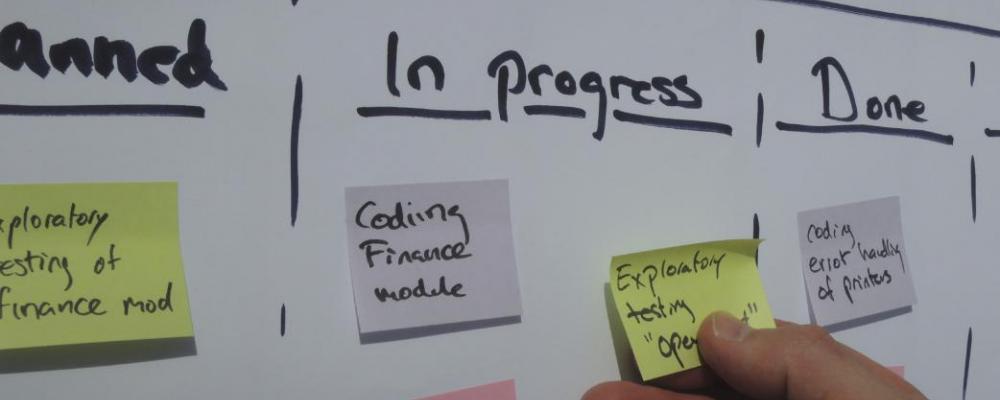
Planning an Effective Surge Strategy
At some point in any extended-length development project -- whether it’s a multi-year project or a multi-month project -- you’re going to need what I’m calling a Surge. What’s going to prompt a Surge?
Here are some examples:
- The market shifts and the target customer changes: for example, the successful launch of another product provides insight into your intended customer and a re-alignment of your product vision.
- Some opportunity, such as an early customer adoption or the need to demo at a trade show, will force a re-alignment of development priorities.
- New product requirements are identified part-way through the project, adding to the existing feature list and demanding refactoring of work you thought was already complete.*
*(A little digression about agile development. Many of our clients claim to practice agile methodologies, and in agile development, situations like I’ve described above, there should be no need to surge because agile is supposed to involve a measured, steady development process. Yet, time and again, our agile clients invariably experience surges).
A surge causes all sorts of disruption to the project because you’re expected to make an extraordinary effort beyond what the project team is normally supposed to accomplish in a given amount of time. Invariably, the surge sneaks up on you like a sleeper wave on an otherwise calm shore.
Even when you see the surge coming, there’s often not enough time to react. So an effective strategy for coping with a surge requires you to acknowledge that surges in a project are inevitable and plan accordingly:
- Staff up in anticipation of the surge, either by having extra personnel internally or contracting with a company like Integrated Computer Solutions (ICS) that provides custom software development and UX design for leading companies worldwide with the experience to help you manage surges.
- Acknowledge that “Surge Happens” in your overall project planning for both time and budget to avoid unnecessary disruption and costs.
Some of our clients who get the best results have engaged us alongside them from the early stages of the project; because of our vast experience from numerous client engagements and numerous surges, we can often identify surge scenarios in the planning stages and help to minimize their impact when they occur. Specifically, we can offer:
- Training in key technologies to help your staff be more effective
- Deep domain expertise in user experience /user interface (UX/UI) and any number of development toolchains like Qt/QML
- On-call help desk-like support to get through a specific thorny issue (e.g., a bug in a library that is slowing progress).
By enlisting the help of companies like ICS and thinking about building an effective surge strategy up front, surges, when they (invariably) occur, will become less disruptive and a more manageable aspect of the project development lifecycle.